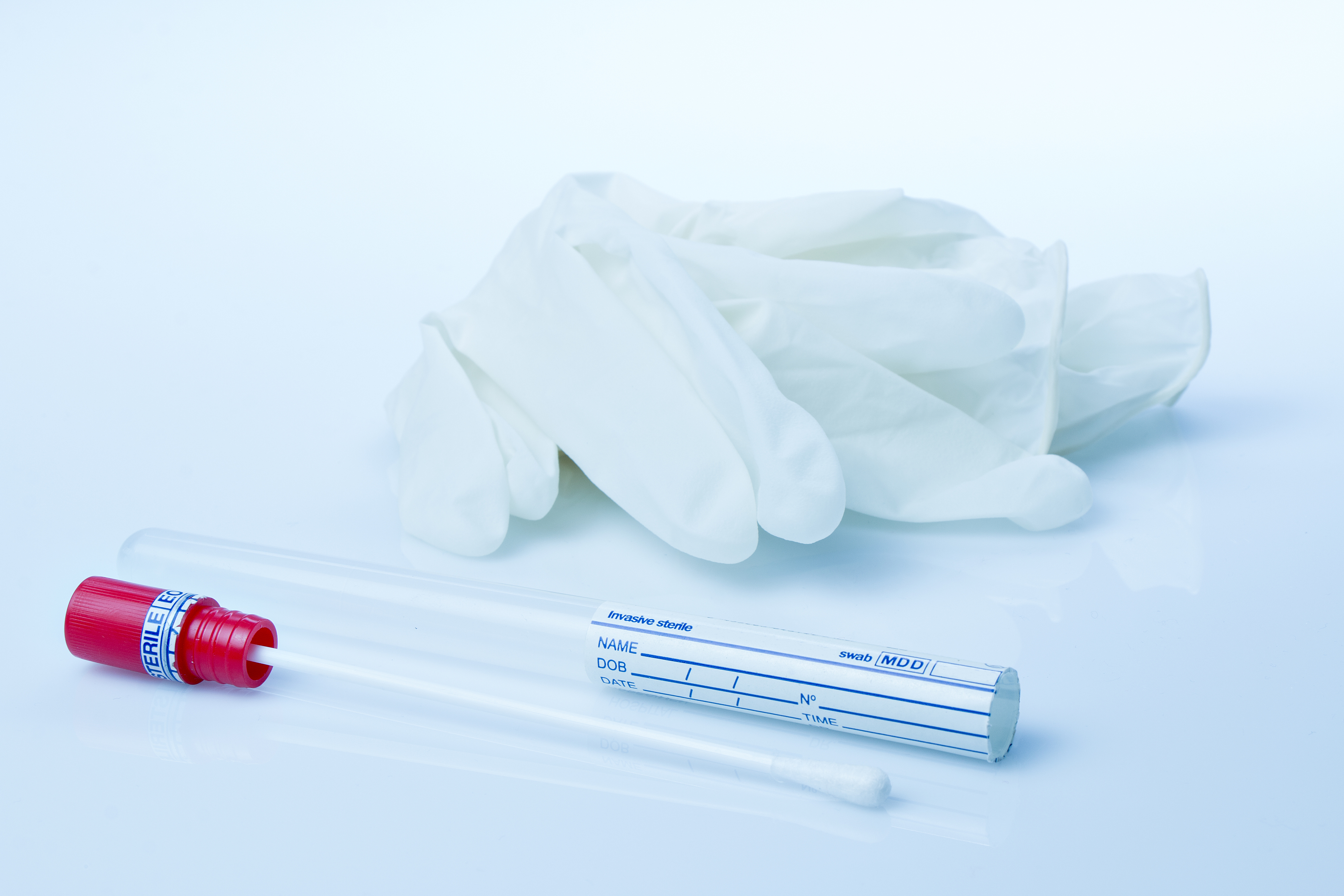DNA tests grow more vital in hereditary breast cancer treatments. They also raise unanswerable questions.
By Sarah Elizabeth Richards,
Washington Post
| 03. 15. 2020
When Lisa DeAngelico found out she had Stage 4 breast cancer two years ago at age 47, she says one of the hardest parts about her diagnosis was telling her mother. That’s because her mother had already lost her sister and niece to the disease. They had hoped DeAngelico would be spared from the family curse.
So when DeAngelico’s doctor asked her whether she wanted to undergo DNA testing to better understand her family genetics, she agreed to offer a blood sample and meet with a genetic counselor.
“I hoped that if it did tell me I had a gene, I could tell others in my family that they should get tested early,” says DeAngelico, a hospital administrative coordinator in East Boston.
Surgeons say all breast cancer patients should be offered genetic testing
Yet the results revealed more than a family connection. When her doctor learned that DeAngelico had a mutation in the BRCA2 gene, he explained she also had a risk of ovarian cancer and advised her to have her ovaries and fallopian tubes removed to prevent the cancer...
Related Articles
By Scott Solomon, The MIT Press Reader | 02.12.2026
Chris Mason is a man in a hurry.
“Sometimes walking from the subway to the lab takes too long, so I’ll start running,” he told me over breakfast at a bistro near his home in Brooklyn on a crisp...
By Diaa Hadid and Shweta Desai, NPR | 01.29.2026
MUMBRA, India — The afternoon sun shines on the woman in a commuter-town café, highlighting her almond-shaped eyes and pale skin, a look often sought after by couples who need an egg to have a baby.
"I have good eggs,"...
By George Janes, BioNews | 01.12.2026
A heart attack patient has become the first person to be treated in a clinical trial of an experimental gene therapy, which aims to strengthen blood vessels after coronary bypass surgery.
Coronary artery bypass surgery is performed to treat...
By Staff, ScienceDaily | 01.05.2026
Scientists at UNSW Sydney have developed a new form of CRISPR technology that could make gene therapy safer while also resolving a decades-long debate about how genes are switched off. The research shows that small chemical markers attached to DNA
...




